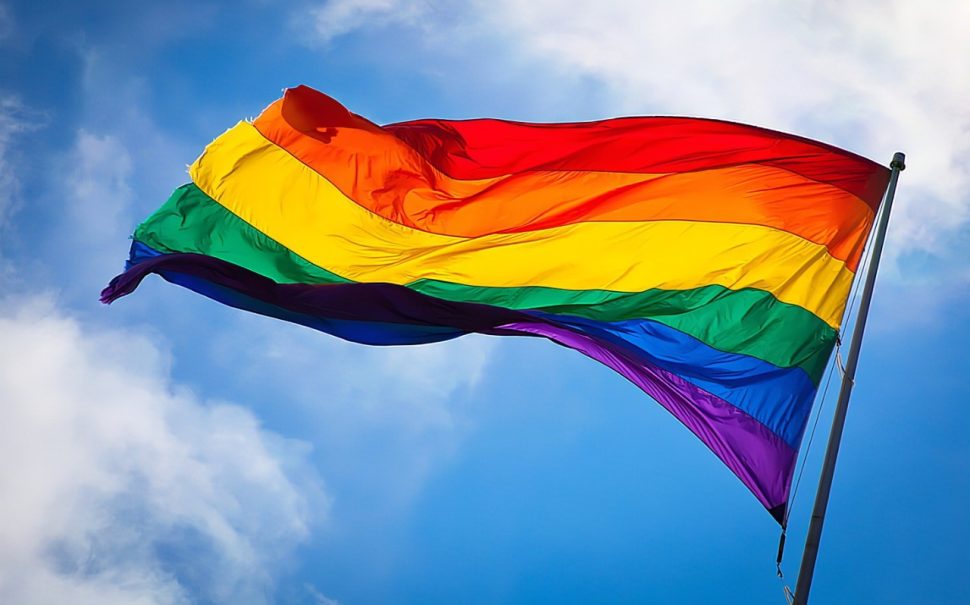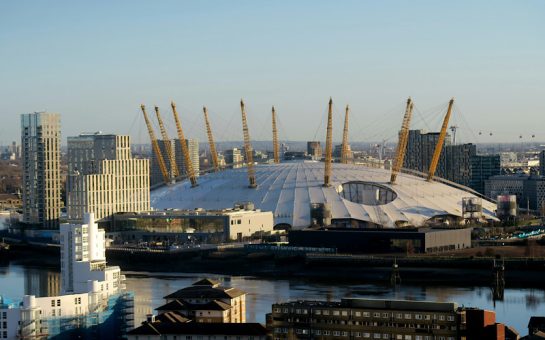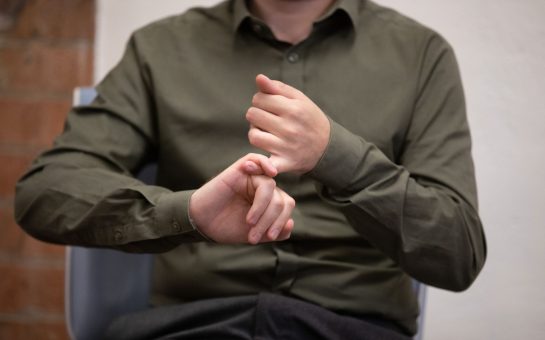Two young adults have spoken out about the homophobic bullying they experienced growing up gay.
Figures from Stonewall show that just one in five LGBT pupils have been taught about safe sex in relation to same-sex relationships.
Maddy Curtis who is 23, said: “I did have friends who are accepting but for the most part it was like a pretty traumatic experience.
“It all started with sort of verbal abuse, the whispering, I’d go into the changing rooms at school for PE and instantly people looked at me and whispered to each other ‘you know that Maddie Curtis she’s a lesbian.’
“It got to the point where I isolated myself. I got changed in the toilets on my own. I was terrified to even look at some girls because they would jump to conclusion that I fancied them or that I was like a pervert.
“They call me things, obviously things that weren’t true an it hurt a lot and I automatically thought; you know what being a lesbian is a bad thing so that sort of gave me a lot of internalized homophobia.
“A lot of people have that it’s a real thing and it sucks, because it is nothing to be ashamed of but for so long even up to this age.
“Every now and then I get little flashbacks and even in public if I’m with my girlfriend and holding hands you will get people shouting at us. You think it doesn’t happen anymore but it really does.
“I am a lesbian it’s not secret anymore but the things that people said it really has done damage and school was the root of it.
“Girls were the worst, I only got bullied by girls. There was a few boys here and there who jumped on the bandwagon but it was mainly girls.
“I was only 11 or 12 I didn’t understand what I had not done anything to these people, nothing at all, so I didn’t really understand what their problem was.
“I didn’t understand what I had done and then it also made me question is there something wrong with me. ‘Is it bad to be a lesbian,’ ‘is it bad to be gay,’ ‘is it bad to be different,’ so then I automatically hate myself.”
Although Maddie’s story is shocking, unfortunately it is not uncommon for LGBT pupils to face bullying at school.
Figures by Stonewall show that half of LGBT pupils hear homophobic slurs ‘frequently’ or ‘often’ at school.
Oliver Murphy, a University student said: “I have experienced a lot of homophobic abuse on the streets in London and also at my hometown near Cambridge.
“Not so much in school because I didn’t come out until I was about 20 which was a difficult journey in itself, but what I can say I have experienced a lot of homophobic abuse.
“What really is interesting is the demographic of the abuser tends to be young people and in one instance it was a group of of secondary school age children, no older than 16 and me partner were just walking my dog and we came across this group of four children and they could obviously see that we were partners and the abuse that emanated from them was just disgusting.
“You f***** all of the kind of homophobic terminology under the sun really that they just threw it us and we did nothing to provoke it we were just there walking.
“We weren’t being imposing to them or posing any danger to them or threat to them so it
was just it was really out of the blue and that homophobic terminology then
became slurs and then started to turn into direct threats of violence towards us.
“They threatened to our murder family, so it was really was horrific experience and then
we had another incident less than a month afterwards where we have a school that backs
onto local playing fields where we walk a lot.
“These two, I would say probably year nine they were even younger than the group beforehand, they started throwing homophobic slurs.
“I think it made me question one; where they get it from where do they learn these homophobic traits and two; it really shows that something seriously wrong with society and that we are still producing individuals who learn to be homophobic for when they grow up.
“In the case of these children what I feel is that you aren’t born with a preconceived view opinion, misconception of whether it be someone’s skin colour or their sexuality it’s learnt from somewhere you learn to hate people hate Isn’t preordained at birth.
“I think it’s a combination of things definitely their family or children and most of their behaviours from the parents they are raised by their parents they’ve obviously come into contact with some sort of homophobic attitude that’s not to say that my parents are actively out hunting and stalking the streets for gay people.
“You often find that the every day jokingly used phrases of you know if I’d be q**** or f** can actually, when a child uses that and actually uses it but they haven’t realise the consequences that that word has on an individual who may be struggling with their sexuality or has been subjected to so much homophobic abuse that that word is almost a trigger point.
“The internet can also be a real propagator for anti LGBTQ+ attitudes.
“They have almost unlimited access to the internet which has a range of horrific content against the gay community.”
Chris Linch, a Secondary school teacher and member of the charity LGBT Humanists said: “One thing that would stand out would be the fact that is that although we now have statutory relationships and sex education that does include for example homosexuality.
“There is still, apart from in Wales, the parental rights to withdraw children from all aspects of the relationships education provision
“I think that it’s something that really does allow for homophobia from parents and from communities where they almost feel empowered to remove children from the good work that schools can do and do do around challenging homophobia.
“I think also, although it’s very tricky, that there should be as far as possible cultures starting from the very senior leadership that mean if you are LGBT plus you feel empowered to come out.
“That can be with the appearance of things like rainbow Lanyards, that can be the way students in whole school context are addressed where it’s not assumed that for example a boy is going to grow up and be a father and a girl is going to grow up to be mothers and marry men.
“So both in terms of language and broader culture there is definitely a lot of work that has been done really well but there is definitely a lot more to do in terms of empowering teachers to feel confident to say that being gay is okay.
“That the law says that being gay is okay and that the Department For Education is okay with that message in schools.
“I think there is a squeamishness sometimes especially when working with religious communities but the teachers don’t really feel equipped to make that message heard and so more training around that and more messaging from the top down about that is really powerful.”





